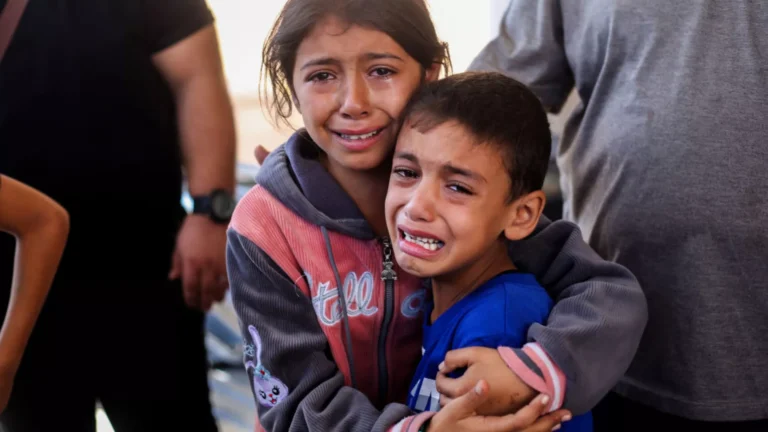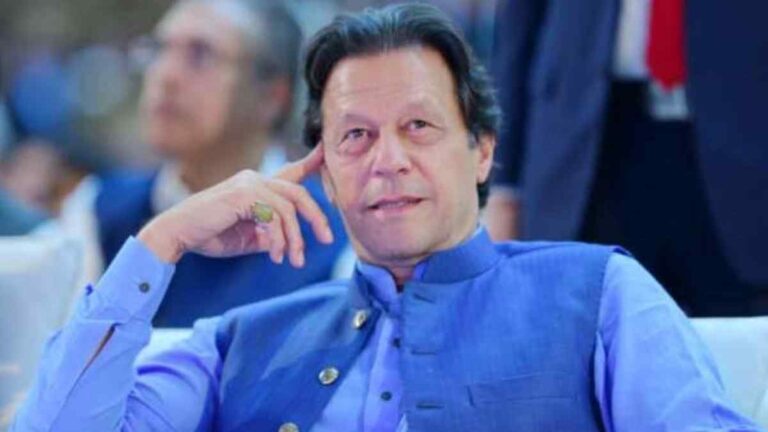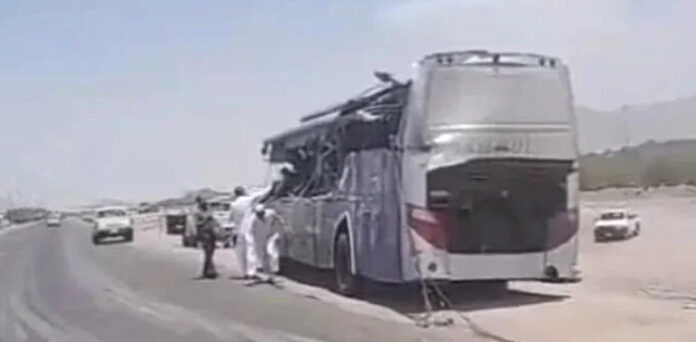Baloch Activist Dr. Mahrang Baloch, Nobel Peace Prize Nominee, Arrested During Protest Against Human Rights Violations

Dr. Mahrang Baloch, a prominent Baloch human rights activist and nominee for the 2025 Nobel Peace Prize, was arrested on March 22, 2025, during a protest in Quetta, Pakistan. The protest, organized by the Baloch Yakjehti Committee (BYC), aimed to address ongoing human rights violations in Balochistan. According to credible news sources, police dispersed the sit-in demonstration, resulting in the deaths of three individuals. This incident has sparked widespread concern and condemnation, highlighting the volatile human rights situation in the region and the risks faced by activists like Dr. Baloch.
Click Here To Follow Our WhatsApp Channel
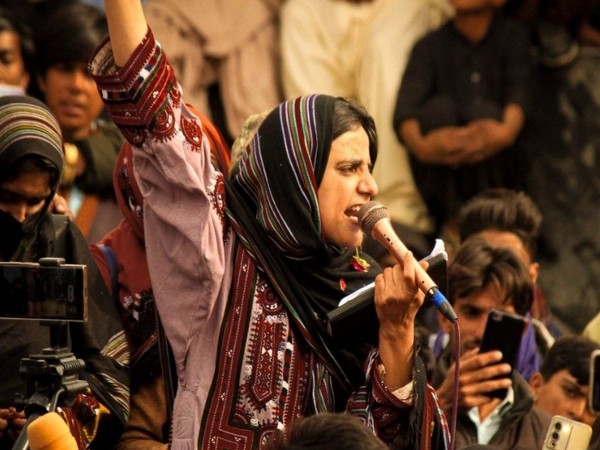
Background
Dr. Mahrang Baloch is a medical doctor who has emerged as a leading voice in the Baloch rights movement. She is widely recognized for her efforts to expose and combat human rights abuses in Balochistan, a province in southwestern Pakistan plagued by conflict and unrest. Her activism focuses primarily on issues such as enforced disappearances—where individuals are abducted by security forces with no trace or legal recourse—and extrajudicial killings, which have long been reported in the region. Her courage and commitment to peaceful advocacy have earned her international acclaim, culminating in her nomination for the 2025 Nobel Peace Prize. This prestigious recognition underscores her significant contributions to human rights and her role in amplifying the struggles of the Baloch people on a global stage.
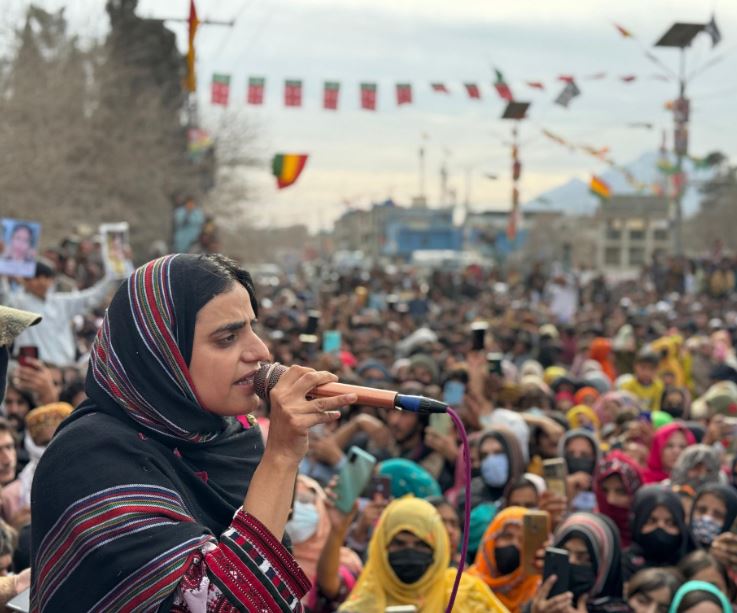
The Protest and Arrest
The Baloch Yakjehti Committee (BYC), a group advocating for Baloch rights, organized a sit-in protest in Quetta to demand justice and accountability for human rights violations in Balochistan. The demonstration was intended as a peaceful expression of dissent, drawing attention to the systemic abuses faced by the Baloch population. Participants called for an end to repressive state policies and sought answers for the families of those who have disappeared or been killed.
In the early hours of March 22, 2025, Pakistani security forces moved to disperse the crowd. According to credible news reports, the operation turned deadly, with three individuals losing their lives during the crackdown. Amid this chaotic and violent dispersal, Dr. Mahrang Baloch was arrested along with other activists. Social media posts on platform X have described the response as excessively brutal, alleging attacks on vulnerable groups, including women and children, though these specific claims remain unverified by independent sources.
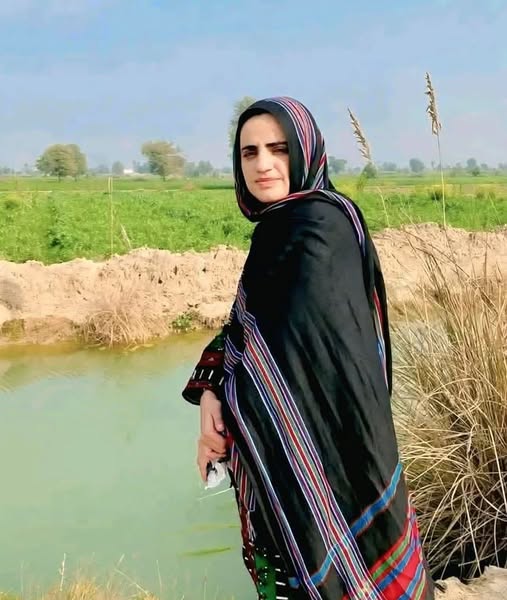
Following her arrest, authorities reportedly charged Dr. Baloch with aiding separatist groups—a serious accusation frequently leveled against Baloch activists. Critics argue that such charges are often politically motivated, used as a tool to discredit and silence dissent rather than being substantiated with credible evidence. The circumstances of her arrest and the accompanying violence have intensified scrutiny of the Pakistani government’s handling of peaceful protests and its treatment of human rights defenders.
Human Rights Context in Balochistan
Balochistan, Pakistan’s largest province by area but one of its least developed, has been embroiled in a decades-long conflict between Baloch nationalists and the central government. Baloch activists and leaders accuse the state of exploiting the region’s rich natural resources—such as gas and minerals—while neglecting the local population’s needs and suppressing their rights. This tension has fueled a low-level insurgency, with separatist groups advocating for greater autonomy or outright independence.
Human rights organizations, including Amnesty International and Human Rights Watch, have extensively documented abuses in the region. Enforced disappearances have become a hallmark of the conflict, with thousands of Baloch individuals reportedly abducted by security forces, leaving families in anguish and without recourse. Extrajudicial killings, torture, and the suppression of free expression further compound the crisis. Dr. Mahrang Baloch’s activism has been pivotal in shedding light on these issues, organizing protests, and supporting affected families, often at great personal risk.
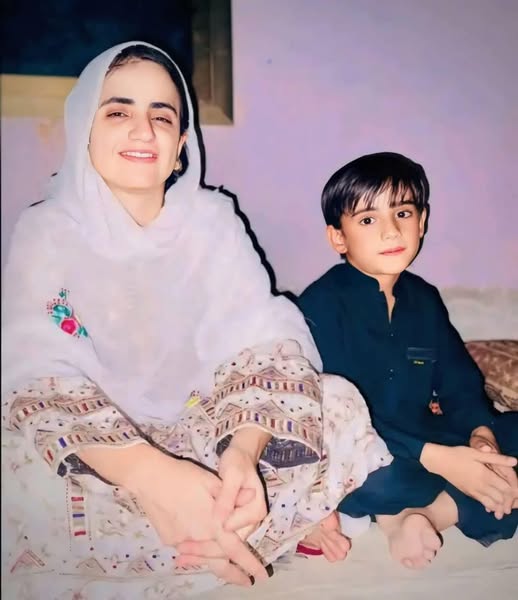
Reactions and Implications
The arrest of Dr. Mahrang Baloch has triggered an outpouring of outrage from human rights defenders, activists, and concerned citizens worldwide. On social media, voices have called for her immediate release and urged the international community to condemn the Pakistani government’s actions. The reported deaths during the protest dispersal have amplified these demands, raising questions about the use of lethal force against unarmed demonstrators.
Given her status as a Nobel Peace Prize nominee, Dr. Baloch’s arrest carries significant implications. It underscores the dangers faced by those who challenge injustice in Balochistan and highlights the state’s apparent unwillingness to tolerate dissent. Her international recognition adds weight to calls for accountability, potentially pressuring global leaders and organizations to intervene. Human rights groups are expected to issue formal statements in the coming days, and her case may galvanize further advocacy for the Baloch cause.
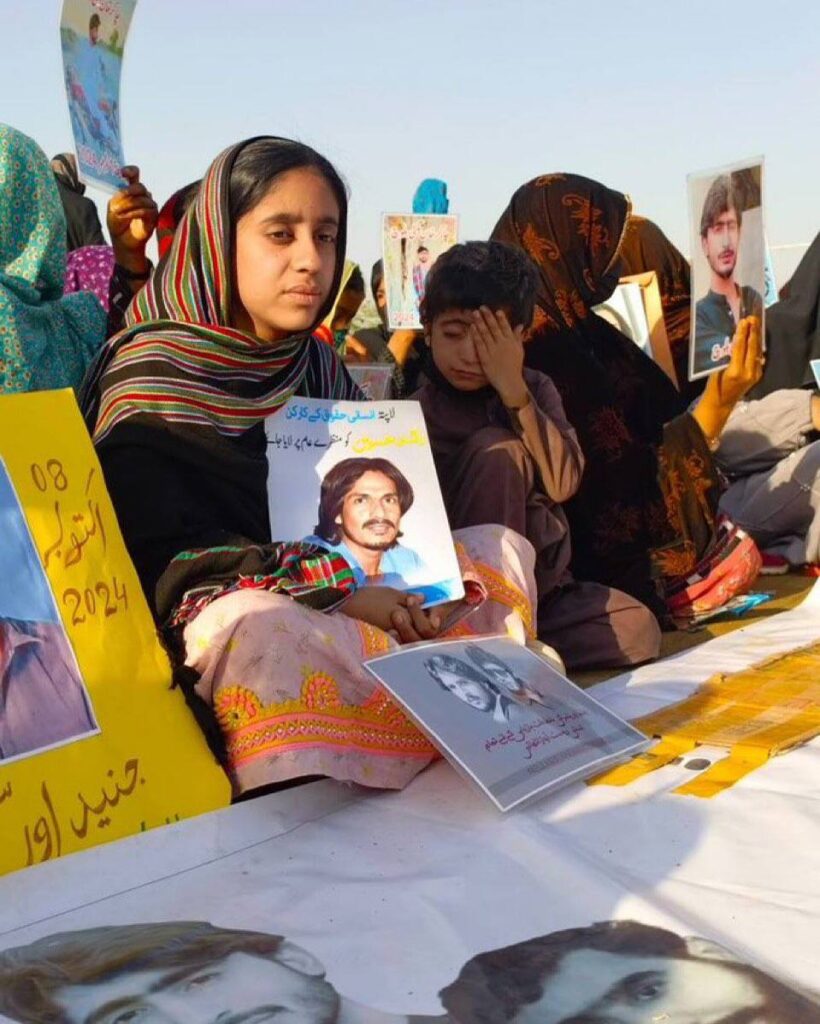
The charges against Dr. Baloch—alleged support for separatist groups—also merit scrutiny. While the Pakistani government may argue that such measures are necessary to maintain national security, human rights advocates contend that they are a pretext to stifle legitimate criticism. Without transparent evidence, these accusations risk being perceived as an abuse of power, further eroding trust in state institutions.
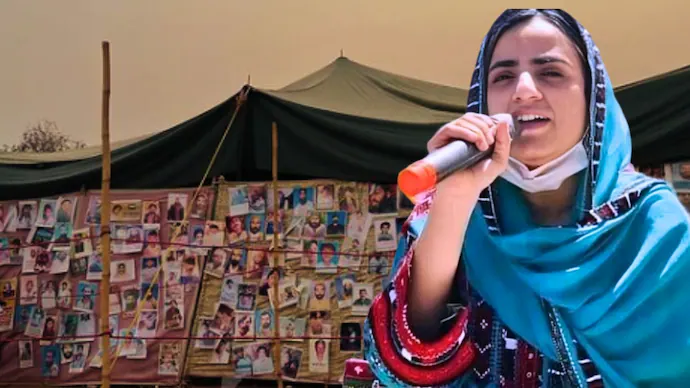
Conclusion
The arrest of Dr. Mahrang Baloch on March 22, 2025, is a stark reminder of the perilous environment in which human rights activists in Balochistan operate. Her detention, coupled with the deaths of three protesters, paints a troubling picture of repression and impunity. As a Nobel Peace Prize nominee, Dr. Baloch represents not only the resilience of the Baloch people but also the universal struggle for justice and dignity in the face of oppression.
The international community has a critical role to play in responding to this incident. Pressure must be exerted on Pakistani authorities to respect human rights, ensure the safety of activists, and provide clarity on the events in Quetta. Dr. Baloch’s courage and dedication serve as an inspiration, and her voice—amplified by her global recognition—must not be silenced. As this situation unfolds, the world watches, and the call for solidarity with the Baloch people grows ever louder.
You Might Also Like :
Massive Fire in Kadipora Anantnag Guts 22 Houses, Leaves 40 Families Homeless
Terrorism and Stone-Pelting Declined in J&K Under Modi’s Zero-Tolerance Policy: Amit Shah
15-Year-Old Author Syedah Zikra Bukhari Shocks Everyone with Powerful Book on Overcoming Failure

